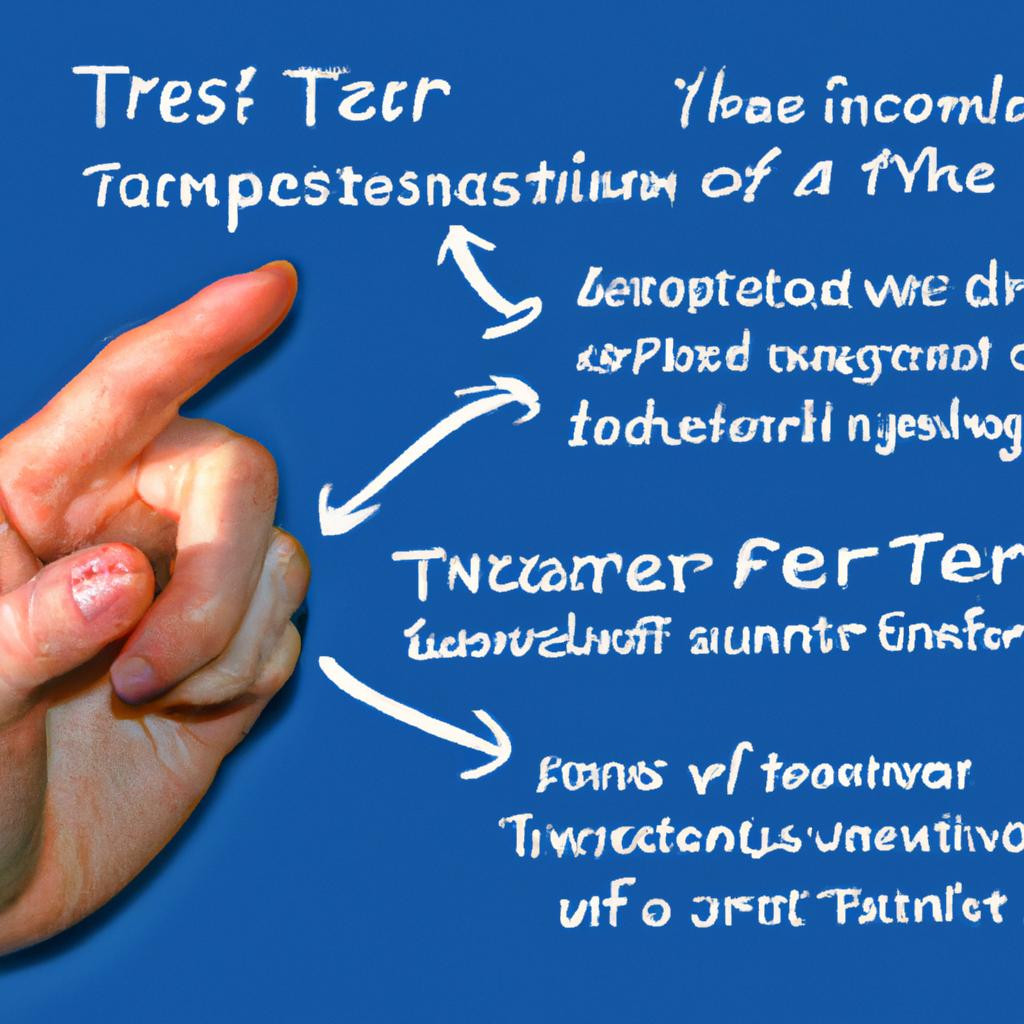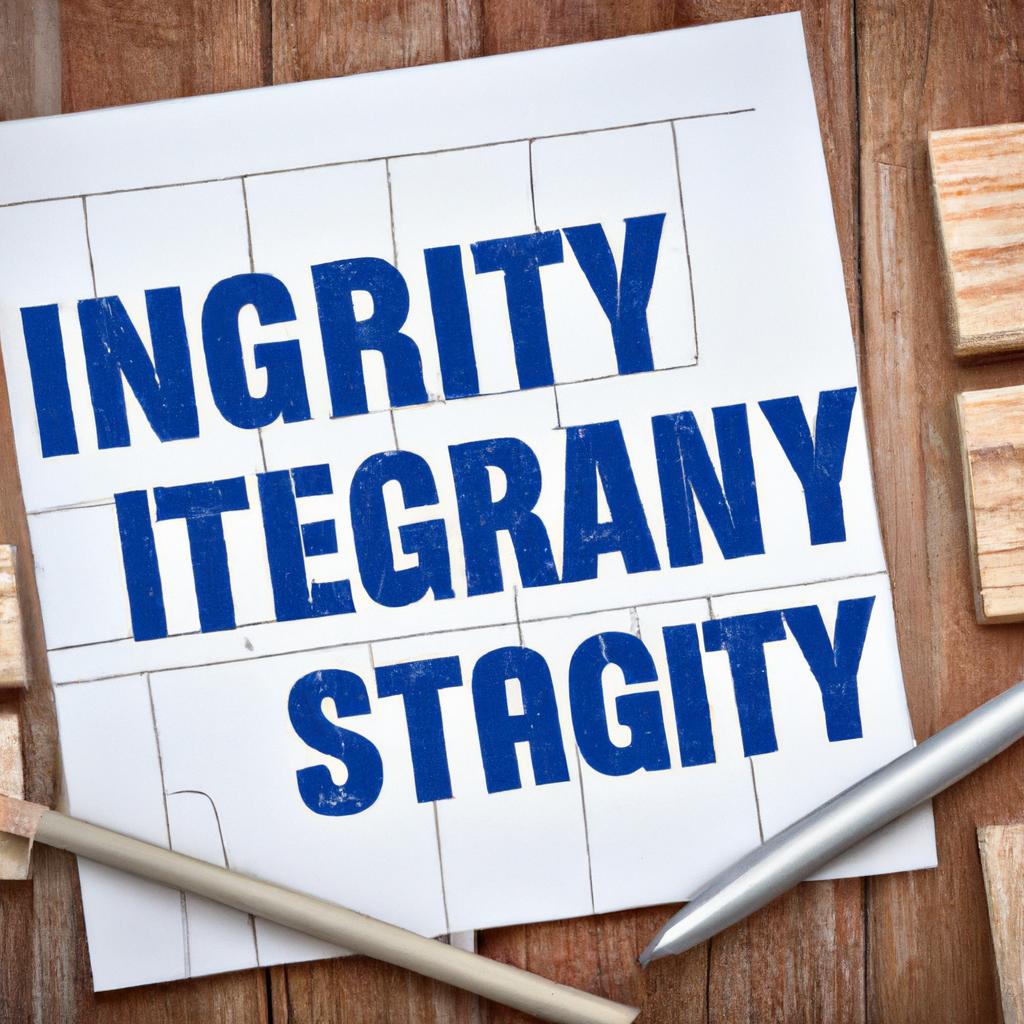In the intricate realm of legal affairs, trust serves as the cornerstone upon which all relationships are built. When it comes to matters of estate planning, probate, elder law, Wills, and trusts, establishing a foundation of trust is paramount. At Morgan Legal Group in New York City, we understand the significance of trust in our practice. In this article, we delve into the essential elements that form the bedrock of trust – the 8 Pillars of Trust. Join us as we illuminate these pillars and explore their profound impact in the realm of legal expertise.
The Foundation of Trust in Relationships
In building strong and lasting relationships, trust is the cornerstone that holds everything together. Without trust, relationships can crumble and fall apart. That’s why it’s crucial to understand the eight pillars of trust that form the foundation of any successful relationship.
The eight pillars of trust include honesty, integrity, reliability, transparency, consistency, fairness, empathy, and communication. Each of these pillars plays a critical role in establishing trust and fostering strong connections between individuals. By incorporating these pillars into your relationships, you can create a solid and trustworthy bond that withstands the test of time. Trust is like a delicate flower that needs to be nurtured and cared for. By prioritizing these pillars in your relationships, you can cultivate a sense of trust that flourishes and grows, creating a strong and unshakeable bond that can weather any storm. Trust is the key to building meaningful connections, and by focusing on these eight pillars, you can lay a solid foundation for trust in all of your relationships.
Understanding the Core Principles of Trust
In order to truly understand the core principles of trust, it is essential to grasp the 8 Pillars of trust. These pillars serve as the foundation upon which trust is built and maintained in relationships, both personal and professional. By prioritizing these key components, individuals can establish strong, lasting bonds based on mutual respect and reliability.
1. Integrity: Upholding honesty and moral principles is crucial in fostering trust.
2. Transparency: Being open and forthcoming in communication helps to establish trustworthiness.
3. Communication: Effective communication is key in building and maintaining trust.
4. Reliability: Consistently following through on commitments and promises builds trust over time.

Building Integrity and Reliability in Trust
Trust is a foundational element in any relationship, whether personal or professional. At Morgan Legal Group, we understand the importance of . To achieve this, we adhere to the 8 Pillars of trust:
- Consistency: Consistently delivering on promises and commitments.
- Transparency: Being open and honest in all communications and actions.
- Integrity: Upholding strong moral principles and values.
- Accountability: Taking responsibility for one’s actions and decisions.
These pillars serve as the foundation for creating lasting trust with our clients, ensuring that their best interests are always at the forefront of our services. By embodying these values, we are able to cultivate strong, long-lasting relationships built on trust and reliability.

Nurturing Communication and Transparency
What are the 8 Pillars of trust?
Communication and transparency are essential in building trust with our clients at Morgan Legal Group. To achieve this, we follow the 8 Pillars of trust which guide our interactions and relationships. These pillars are the foundation of our commitment to open communication, honesty, and integrity.
- Consistency: We strive to consistently deliver on our promises and commitments to our clients.
- Accountability: We take responsibility for our actions and decisions, holding ourselves to the highest standards of integrity.
- Transparency: We believe in being open and honest in all our communications, ensuring our clients are well-informed at every step of the legal process.
- Empathy: We understand the emotional and personal nature of estate planning and probate matters, and approach each case with compassion and sensitivity.
| Pillar | Description |
|---|---|
| Consistency | We aim to consistently deliver on our promises and commitments. |
| Accountability | We hold ourselves accountable for our actions and decisions. |
Q&A
Q: What are the 8 Pillars of trust?
A: The 8 Pillars of trust are essential principles that form the foundation of trust in any relationship. These pillars include competence, reliability, honesty, integrity, transparency, consistency, loyalty, and fairness. Each pillar plays a crucial role in building and maintaining trust between individuals, organizations, and communities.
Concluding Remarks
As we delve into the intricate web of trust, we uncover the eight pillars that serve as its sturdy foundation. By understanding and practicing these pillars, we can cultivate meaningful connections and foster a sense of security in our relationships. Trust is a delicate dance, but with these pillars as our guide, we can navigate it with grace and authenticity. Let us embrace the challenge of building trust, knowing that the rewards of deep and lasting connections await us on the other side. So, go forth with courage and kindness, and let the eight pillars of trust be your guiding light in a world that is constantly seeking authenticity and sincerity.

